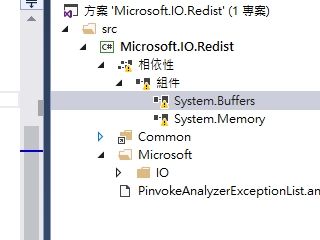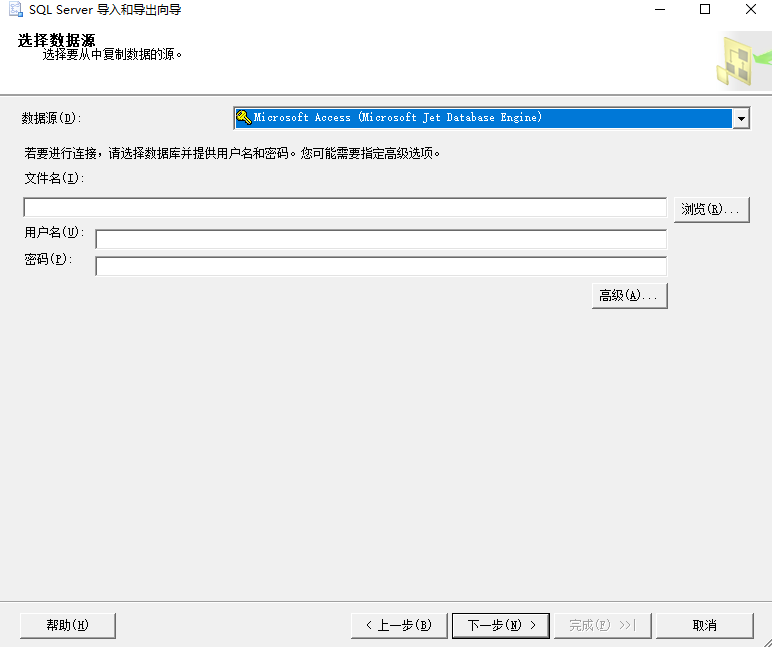I want to force the browser to download a pdf file.
I am using the following code :
<a href=\"../doc/quot.pdf\" target=_blank>Click here to Download quotation</a>
It makes the browser open the pdf in a new window, but I want it to download to the hard drive when a user clicks it.
I found that Content-disposition is used for this, but how do I use it in my case?
On the HTTP Response where you are returning the PDF file, ensure the content disposition header looks like:
Content-Disposition: attachment; filename=quot.pdf;
See content-disposition on the wikipedia MIME page.
With recent browsers you can use the HTML5 download attribute as well:
<a download=\"quot.pdf\" href=\"../doc/quot.pdf\">Click here to Download quotation</a>
It is supported by most of the recent browsers except MSIE11. You can use a polyfill, something like this (note that this is for data uri only, but is is a good start):
(function (){
addEvent(window, \"load\", function (){
if (isInternetExplorer())
polyfillDataUriDownload();
});
function polyfillDataUriDownload(){
var links = document.querySelectorAll(\'a[download], area[download]\');
for (var index = 0, length = links.length; index<length; ++index) {
(function (link){
var dataUri = link.getAttribute(\"href\");
var fileName = link.getAttribute(\"download\");
if (dataUri.slice(0,5) != \"data:\")
throw new Error(\"The XHR part is not implemented here.\");
addEvent(link, \"click\", function (event){
cancelEvent(event);
try {
var dataBlob = dataUriToBlob(dataUri);
forceBlobDownload(dataBlob, fileName);
} catch (e) {
alert(e)
}
});
})(links[index]);
}
}
function forceBlobDownload(dataBlob, fileName){
window.navigator.msSaveBlob(dataBlob, fileName);
}
function dataUriToBlob(dataUri) {
if (!(/base64/).test(dataUri))
throw new Error(\"Supports only base64 encoding.\");
var parts = dataUri.split(/[:;,]/),
type = parts[1],
binData = atob(parts.pop()),
mx = binData.length,
uiArr = new Uint8Array(mx);
for(var i = 0; i<mx; ++i)
uiArr[i] = binData.charCodeAt(i);
return new Blob([uiArr], {type: type});
}
function addEvent(subject, type, listener){
if (window.addEventListener)
subject.addEventListener(type, listener, false);
else if (window.attachEvent)
subject.attachEvent(\"on\" + type, listener);
}
function cancelEvent(event){
if (event.preventDefault)
event.preventDefault();
else
event.returnValue = false;
}
function isInternetExplorer(){
return /*@cc_on!@*/false || !!document.documentMode;
}
})();



